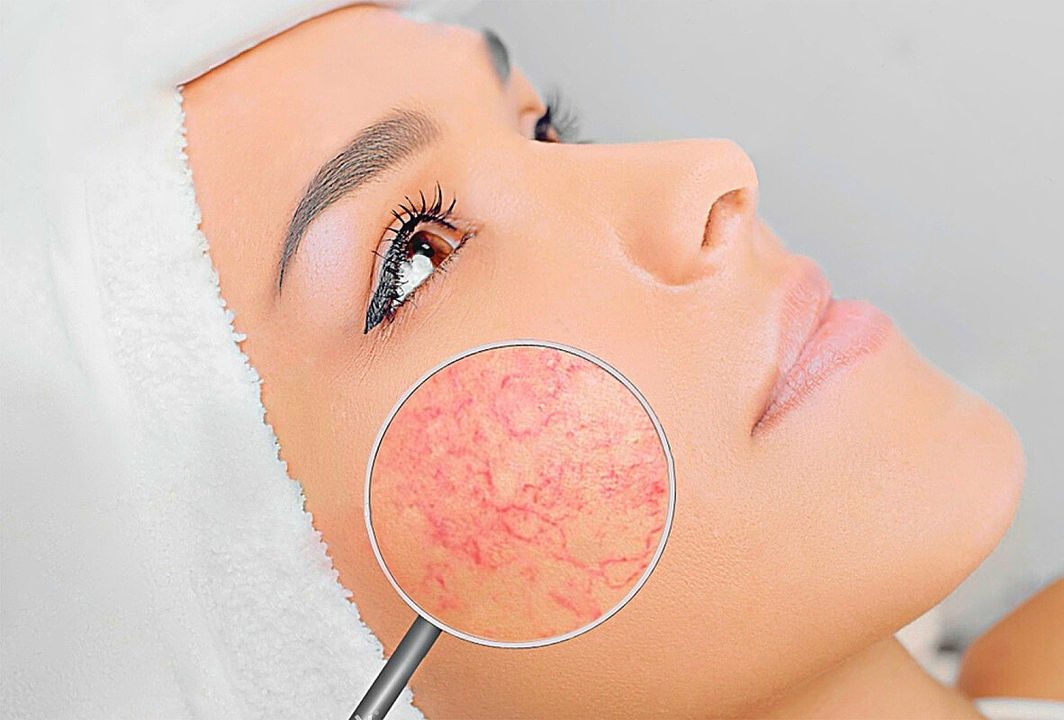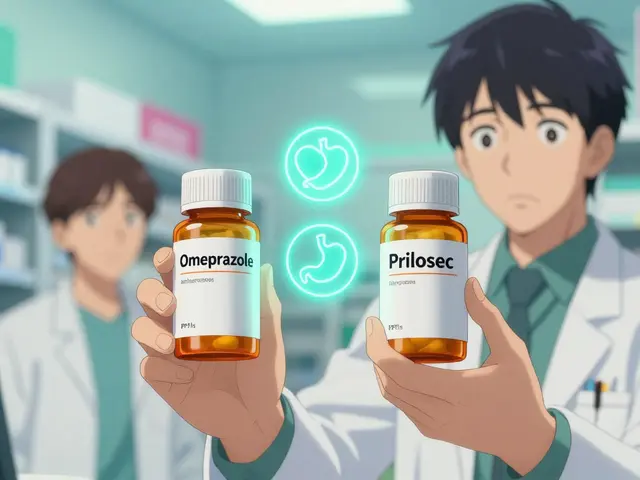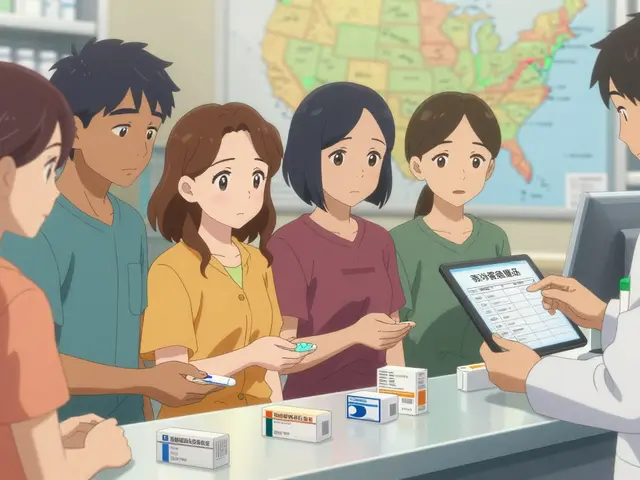Skin condition: common causes, quick care, and when to see a doctor
Red, itchy, or bumpy skin can ruin your day. Some problems clear up fast with simple fixes, while others need a prescription. This page gives practical steps you can use right away, and points to related articles on 24x7Pharma to learn more.
Simple at-home care that actually helps
Start with gentle habits. Use a mild, fragrance-free cleanser and lukewarm water. Hot showers strip oils and make irritation worse. Pat skin dry—don’t rub—and apply a thick, fragrance-free moisturizer while your skin is slightly damp to lock in hydration.
For flare-ups try a short course of 1% hydrocortisone cream for itch and redness, but don’t use it on the face long-term without medical advice. For small fungal spots, over-the-counter antifungal creams (clotrimazole, terbinafine) usually work. Acne respond well to benzoyl peroxide or salicylic acid products; if a product makes stinging or severe dryness, stop and switch to something gentler.
Patch-test new products on a small spot for 48 hours to avoid allergic reactions. Wear sunscreen daily—UV exposure makes many conditions worse and slows healing. And check ingredients: avoid alcohol, fragrance, and harsh exfoliants when your skin is irritated.
Want routines? Read our piece "Skincare Routine for Skin Irritations: Why Getting It Right Matters" for step-by-step tips and product suggestions.
When to see a doctor — clear signs you need help
See a healthcare pro if the rash spreads quickly, is painful, has pus, or comes with fever. Sudden swelling of the face or throat, or breathing trouble, can mean a severe allergic reaction—get emergency care immediately.
If a condition won’t calm down after a few weeks of proper care, or if it flares repeatedly, a doctor can check for underlying causes like eczema, psoriasis, or infections. They can prescribe stronger topical steroids, antibiotics, antifungal pills, or other targeted treatments. For persistent acne, check our "Exploring the Top Alternatives to Isofair in 2024 for Acne Treatment" to compare options beyond OTC products.
Special cases—babies, older adults, and people on immune-suppressing medicines—often need faster evaluation. Likewise, skin problems near the eyes, genitals, or deep in skin folds deserve prompt attention.
Finally, track what helps and what makes things worse. Note new products, foods, or detergents that coincide with flare-ups. That information speeds diagnosis and keeps future episodes smaller and shorter.
If you want targeted guidance, check related articles on 24x7Pharma for acne options, treatment comparisons, and safe product advice. Small changes often make a big difference—so start with gentle care, protect your skin, and get help when warning signs appear.
In my recent research, I've discovered that Isotretinoin, a powerful acne medication, may also be an effective treatment for rosacea, a common skin condition. It appears that this medication can help reduce inflammation, redness, and facial flushing associated with rosacea. However, it's important to note that Isotretinoin can have significant side effects and should only be used under the supervision of a dermatologist. I've found that many people with rosacea have seen improvements with this treatment, but it's crucial to weigh the benefits against potential risks. If you're considering Isotretinoin for your rosacea, make sure to consult with a healthcare professional first.
Read more





